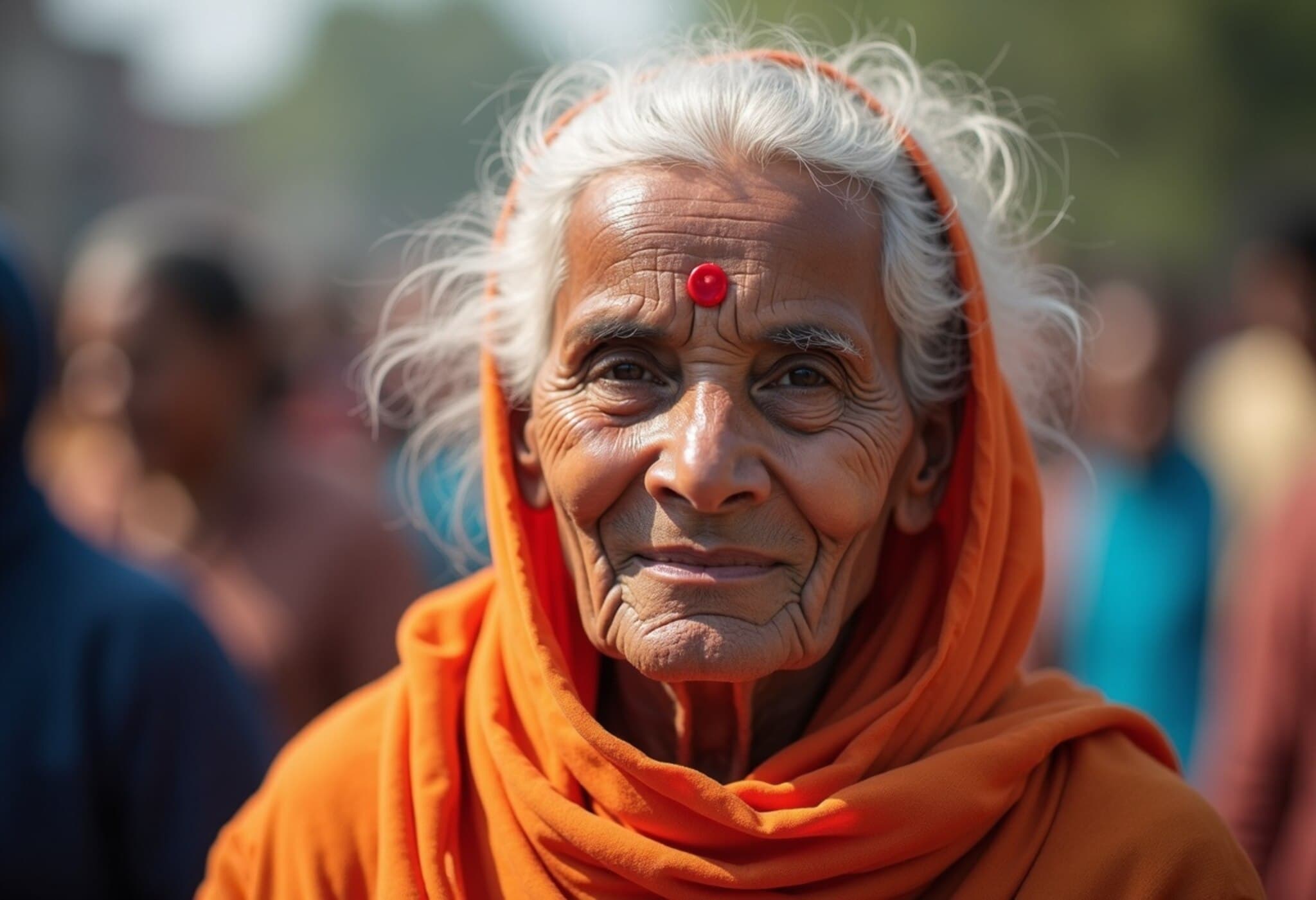Baroness Casey Report Reveals Institutional Failures in Grooming Gangs Cases
A recent government-commissioned review investigating group-based child sexual abuse in England and Wales has brought to light significant institutional shortcomings, particularly concerning the reluctance to address the ethnic backgrounds of perpetrators.
Led by Baroness Louise Casey, the audit uncovered that men of Pakistani heritage are disproportionately represented among grooming gang suspects. However, the report highlights an alarming hesitancy among authorities to confront this uncomfortable reality, often due to fears of being labeled racist or stirring community tensions.
Reluctance to Address Ethnicity Hampers Progress
The report underscores that many organizations purposely avoided acknowledging the ethnic composition of offenders. This avoidance stems from concerns over damaging community cohesion or provoking accusations of racial prejudice.
Moreover, the absence of transparent and consistent data on offenders' ethnicity and nationality has obstructed effective responses to the issue, according to the findings.
Voices from the British-Pakistani Community
The publication of the report has elicited a range of powerful reactions from members of the British-Pakistani community, who are wrestling with the complex emotions it evokes.
- Has Ahmed, a London-based businessman, expressed deep sorrow on social media: "As a Pakistani in Britain, today is a dark day." He lamented that the report validates victims' accounts of abuse, rape, and trafficking while exposing institutional failures to protect them.
- Nuriyah Khan, a British-Pakistani content creator, candidly stated her frustration: "I'm tired of tiptoeing around the truth! The majority of offenders in UK grooming gangs were of Pakistani origin. That's not racism; it's a FACT. But say it out loud, and suddenly you're labeled ‘far-right.’"
Balancing Truth and Sensitivity
These candid reflections highlight the challenge of confronting harsh realities without stoking division or prejudice. The report’s release and ensuing discussions emphasize the necessity of honest, open dialogue within communities and institutions to effectively address child sexual exploitation.
Ultimately, transparent data collection and acknowledging uncomfortable truths are vital steps toward protecting vulnerable individuals and preventing future abuses.














